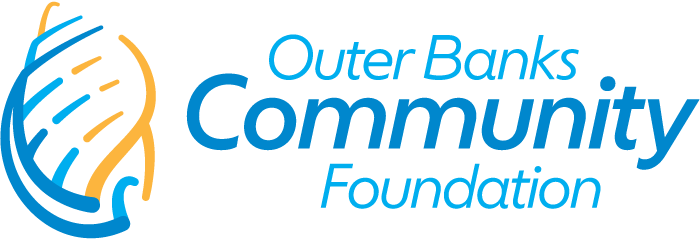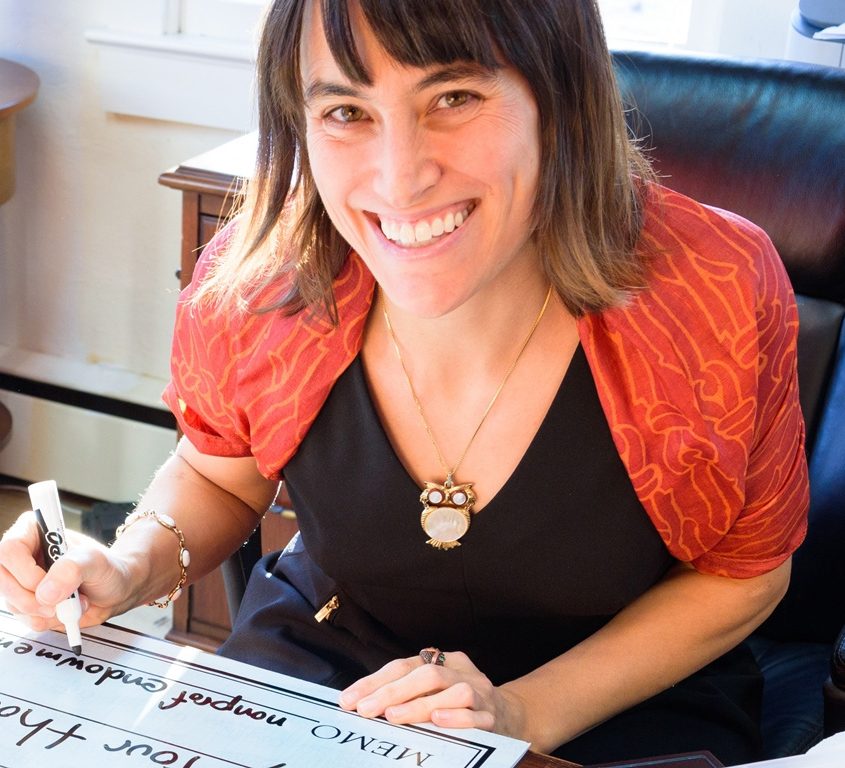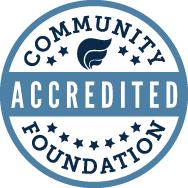So You Want to Start a Nonprofit
By Lorelei Costa
Note: This article first appeared in the May 8, 2019 edition of the Outer Banks Sentinel.
It’s probably the most common phone call I get. Some benevolent person discerns a need in our community, aspires to solve that community need, and wants some help with starting a new nonprofit to do so.
I love two-thirds of that phone call. It is inspiring to hear new ideas from impassioned, creative problem-solvers, people who choose to open their eyes to the needs of others, and devote their time to service.
But I get a bit woozy when the conversation turns to starting a new nonprofit.
Establishing a whole new tax-exempt charity is complicated, time-consuming, and expensive, and today it is rarely the most effective strategy for meeting a community need. In fact, sometimes new groups simply splinter our community and divert resources away from the original need.
Consider this: There are more than 200 registered, tax-exempt charities actively serving the Outer Banks. I know, because I keep a list.*
That’s a lot of nonprofits. In fact, in Dare County we have almost twice as many nonprofits per resident than the national average. In Ocracoke, it’s even more crowded; on that island, there are eight times as many nonprofits per resident than the national average.**
That’s good news! That means that Outer Bankers have a lot of different groups improving our quality of life, tackling a huge range of community issues. The fact that we are sustaining such a plethora is a wonderful testament to our community’s generosity.
Take, for example, the animal welfare sector, where we have no fewer than ten separate nonprofits helping dogs and cats. There’s the SPCA, Feline Fix, Feline Hope, Friends of Felines, Friends of Pooh, Coastal Humane Society, Dune Dawgs, Spay Neuter Today, Ocracats, and OBX-ARF. I might even be missing a few.
It’s great that our dogs and cats get so much love, but there’s a downside to so many nonprofits. Each of our 200 charities need money and volunteers to be successful—and there’s only so much our small community can give.
I worry that we are nearing the limit of our charitable carrying capacity.
The second most common phone call I get is from local philanthropists who are overwhelmed with requests for donations. Nonprofits are overwrought, too; another common phone call I get is from groups struggling to find good board members.
So when someone calls me with a dream of starting yet another new nonprofit, I advise caution.
There’s more to consider than just competition for resources. Nonprofits are also a lot of paperwork.
To start a 501c3 organization, you need to file your articles of incorporation with the NC Secretary of State, write your organizational bylaws, apply for a federal EIN, apply for tax-exempt status with the IRS through the Form 1023, file with the NC Department of Revenue for state tax exemption, and apply for the NC Charitable Solicitation License. To maintain your nonprofit, you must annually file a 990 with the IRS, renew your NC Charitable Solicitation License, and send tax receipts to your donors.***
That’s just a minimum. To attract significant donations or grants, potential funders will ask for professional financial statements (e.g., balance sheet, budget, revenue and expense statement), a strategic plan, evidence of strong policies and best practices (e.g., conflict of interest policies), program evaluation metrics, and maybe even an independent financial audit.
That’s a lot to do on your own, especially when there are 200 other groups in the Outer Banks already doing this.
There are strong, efficient alternatives to consider before starting a whole new nonprofit. Namely, if you see a community need, or have a great idea, my best advice is to contact—and volunteer for—an existing nonprofit that’s doing similar work. Get to know any nonprofit already in the field, and offer your energy. With your help, perhaps the existing charities can expand their services, and raise more money, to meet the need that you see.
I know that some folks who really want to start their own group may hesitate when I suggest a partnership instead. There are folks who really just want to establish and control their own organization. For many, founding a charity may be a lifelong ambition—which is an admirable aspiration, but is probably why we have so many independent groups in our small area.
For all the satisfaction of starting and controlling “your own” organization, a charity must be by and for the public. So before starting a nonprofit, consider whether another new entity will really generate a groundswell of interest, become sustainable, and add value to our larger community as a whole.
The Outer Banks is blessed to have so many charitable nonprofit organizations serving our community. Perhaps we can work together to build and strengthen the abundance of groups we already have to meet new needs and incorporate new ideas as they emerge.
* My list includes any 501c3 organization based in Dare County or Ocracoke, plus any regional, statewide, or national 501c3 group that has a chapter or significant program here (e.g., the Nature Conservancy, the YMCA). My list does not include churches.
** The national average is one tax-exempt charity per 320 people, according to blogger Andrew Littlefield, who used 2016 data from the IRS. In Dare County, we have one charity per 185 people (200 nonprofits and 36,501 residents, per the US Census). In Ocracoke, it’s one charity per 40 people (10 nonprofits and 404 residents, per Data USA).
*** For more on these requirements, as well as other tips, see the NC Center for Nonprofit’s excellent guide on starting a 501(c)3.





